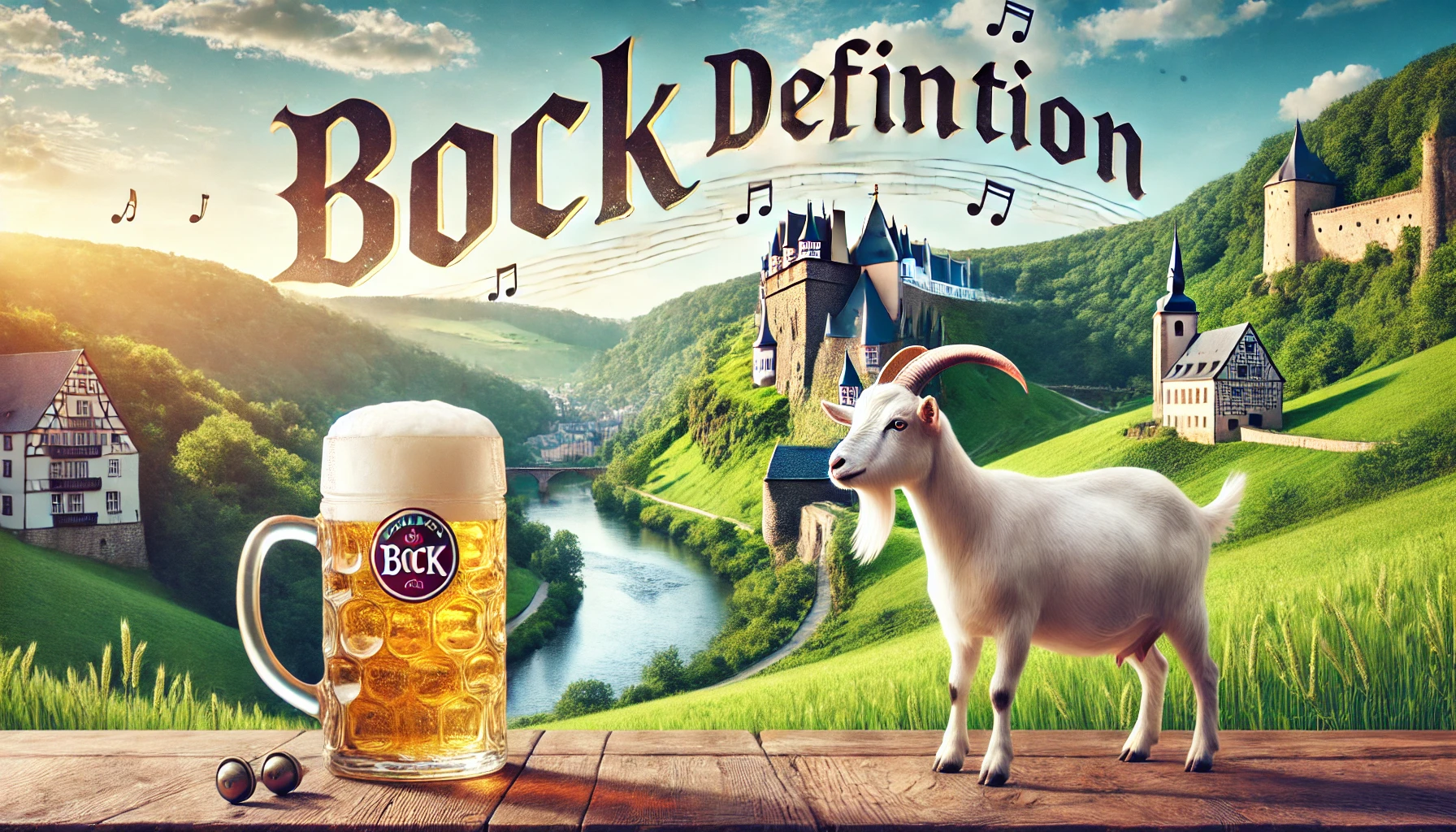Table Of Content
Bock is one term that has many meanings in historical and cultural ways. So, let’s just decode these definitions and find the relevance.
Bock: A Style of Beer
Originating from Germany, bock is a style of strong lager that was traditionally brewed during the fall for consumption in the spring. The beer is malt-driven, full-bodied, with minimal hop bitterness, and higher alcohol content at 6.3 to 7.6 percent by volume. The color ranges from light copper to deep brown, and a creamy, persistent head often adorns this beer.
Over time, a number of substyles of bock have evolved:
- Maibock (Helles Bock): A paler, more hopped version brewed for spring festivals. It has a lighter color and a slightly drier finish, with alcohol content ranging from 6.3% to 8.1%.
- Doppelbock: Stronger and maltier, first brewed by the Paulaner monks in Munich. Doppelbocks were nicknamed “liquid bread” due to their nutritional value during fasting periods. Alcohol content ranges from 7% to 12% or more.
- Eisbock: An even stronger version, where the beer is partially frozen and the ice is taken out, thereby concentrating flavors and alcohol. The alcohol content ranges from 8.6% up to 14.3%.
Weizenbock: A wheat bock, a combination of the characteristics from wheat beer and bock, with 40-60% wheat in the grain bill.
To enjoy a bock beer, consider pairing it with hearty foods like roasted meats or aged cheeses that will complement its robust flavor profile.
Bock as a Male Goat
In German, “Bock” translates to a male goat or buck. This term is used in various contexts, from farming to colloquial expressions. For instance, the phrase “jemandem einen Bock schießen” means to make a blunder. The association between bock beer and goats is also evident in the imagery used by many breweries, often featuring goats on their labels.
Bock in Music
The bock is also a type of bagpipe native to regions like Germany, Austria, and Bohemia. This instrument is blown with bellows and produces a peculiar sound; it has been part of Central European musical traditions for centuries.
Bock in Geography
The term appears in place names as well. For example, the Bock is a fortified promontory in Luxembourg City, known for its historical significance and as the foundation site of the city.
Why the Recent Interest in ‘Bock’?
There could be several reasons for the recent rise in searches for “bock”. The seasonal release of beers, especially in spring and fall, places bock beers in the spotlight. Cultural festivals or events that introduce traditional music may also lead to curiosity about the bock bagpipe. It is also possible that travelers interested in Luxembourg research the Bock promontory.
Knowing all these different meanings of “bock” will give a richer appreciation of the cultural and historical contexts in which this term has been used, whether sipping a glass of bock beer, listening to the distinctive sound of a bock bagpipe, or touring the historic remains of Luxembourg.


Leave a Reply
You must be logged in to post a comment.